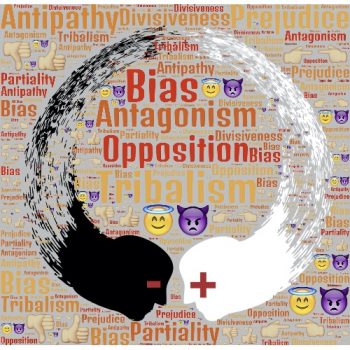“They purify themselves vainly by staining themselves with blood, just as a man, having stepped in dirt, may try to wash himself with dirt. He would appear crazy if any people were to observe him doing this. And they pray to these objects of worship, just as one might talk to houses, not knowing what gods and heroes really are.” (Sweet 5; Cp. K 117; D, R 5).
As in Fragment 116, here Heraclitus points to actions that are themselves mad, but that are not viewed as such by those carrying them out, because they are done with a pure, religious intention. What is clearer here than in Fragment 116, though, is that Heraclitus means to reject such actions. The actions are vain. They reflect a lack of understanding of gods or heroes.
This is one of Heraclitus’ longest and clearest fragments. Kahn sees it as a summation of the fragments that Heraclitus writes on ritual. Fragments 115 and 116 reject particular rites. This one rejects them more generally insofar as they reflect a deficient understanding of the deity.
Kahn draws an interesting parallel between this view of Heraclitus and the views expressed of idolatry in the Old Testament, for example, when Isaiah highlights the absurdity of cutting down part of a tree, burning it to warm oneself, while praying to what is left “Deliver me for thou art my god” (see Kahn, p. 267). Isaiah, of course, like other Old Testament figures, replaces both the religious ideas and the rites. Heraclitus offers a different view of the deity, but it is one in which the religious rites appear to have no place.
As for the view of the deity he offers, it is most consistently that of the Logos, or the one, which is identified with nature itself in a manner similar to Spinoza of Hegel’s Geist. Yet his recurrent references to Apollo, Hades, and other gods of the Greek pantheon leave an open question. Does he mean these as mere metaphors, useful for poetic purposes? Or might he, like Hindus, posit some form of henotheism — that is, that there is at the deepest level really only one thing, but the world of differentiated things, and different gods, has some lower level reality? They are different masks worn by one ultimate reality.
Quite different from Hinduisms main strands, and much more like Spinoza, he rejects religious rites and rituals to honor the deities. I thus think it makes most sense to view him as viewing these as mere metaphors, though it is possible that they play some role in residual views of the afterlife that he may have.

